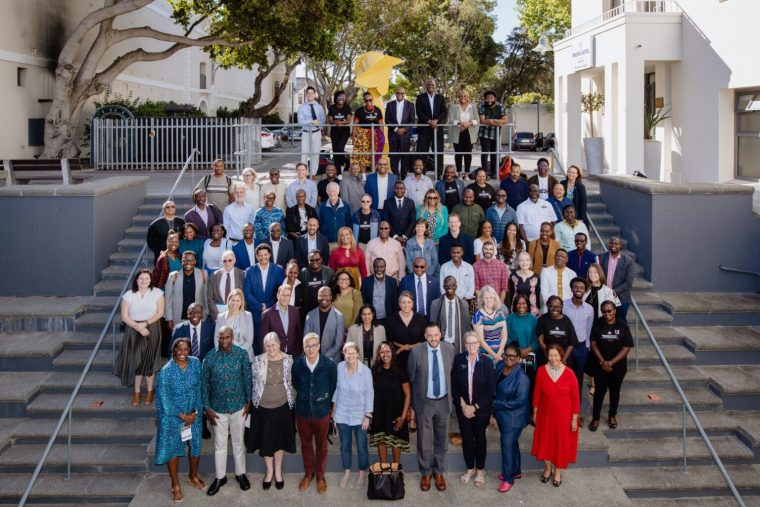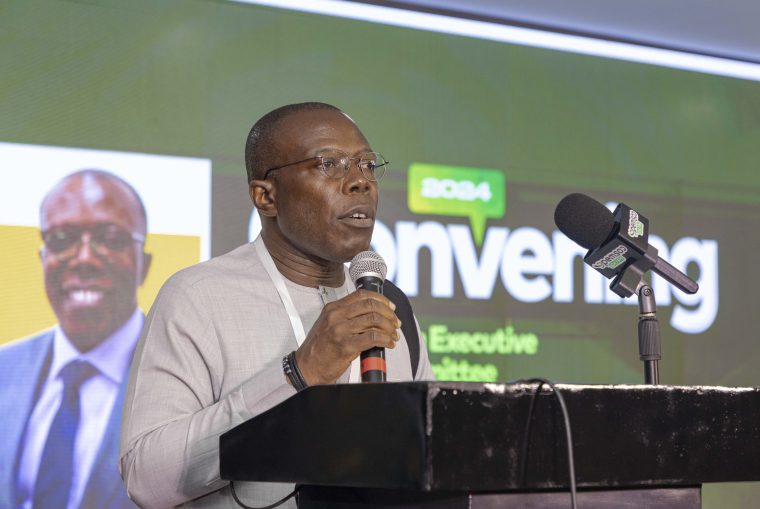Under the leadership of Prof. Ellis Owusu-Dabo as the 2023/2024 Chair of the Executive Steering Committee (ESC) for the Africa Health Collaborative (the Health Collaborative), significant strides have been made in strengthening resilience, research, and partnerships in Africa’s healthcare system. His recent address at the Health Collaborative’s second annual convening highlighted key achievements and outlined a vision for enhanced collaboration.
Pioneering Collaborative Research
Prof. Owusu-Dabo has consistently underscored the importance of integrating research into the consortium’s core initiatives to foster evidence-based healthcare interventions.
“As a Collaborative, we generate a lot of data. We need to support our healthcare interventions with evidence from data that we generate,” he affirmed, highlighting the necessity for post-pandemic resilience.
To this end, he announced that the Mastercard Foundation and the ESC have endorsed the incorporation of research as a pivotal element within the Health Collaborative’s three pillars: health employment, health ecosystem, and health entrepreneurship.
This strategic move was further bolstered by the establishment of a dedicated 5-member Research and Publications Committee.
“The Research and Publications Committee… has worked very hard behind the scenes to ensure that we implement the ideals of research within the collaborative,” Prof. Owusu-Dabo shared.
This milestone sets the stage for the first call for collaborative research proposals, encouraging institutions across five countries to engage in initiatives that will fortify healthcare systems and support young African researchers. “This will provide direction and focus, enabling researchers to channel their efforts in areas that will yield meaningful results,” he added.
Deepening South-to-South Collaborations and Engagements
One of Prof. Owusu-Dabo’s hallmark achievements has been enhancing south-south collaborations, which strengthen ties between African higher education institutions and reinforce the continent’s collective capability to address health challenges.
“We have deepened south-south collaboration whilst not ignoring our partners from the North, such as the University of Toronto and the Mastercard Foundation,” he emphasized.
This approach leverages regional expertise and shared experiences, fostering solutions that are uniquely suited to local contexts.
The focus on south-to-south collaboration has also propelled partnerships that encourage shared learning and joint projects, ensuring that resources and knowledge are effectively utilized. This inclusivity extends to young people’s representation, as seen in the Health Collaborative’s initiatives that empower young people and ensure their voices are included in decision-making.
“We have included a youth representative to the highest governing body, the Executive Steering Committee. This is to give the young people a voice in decisions that concern them,” noted Prof. Owusu-Dabo.
Building Community-Centric Programs & Ensuring Inclusivity
Prof. Owusu-Dabo’s leadership has not only focused on strategic partnerships but has also translated into community-based initiatives. One standout example is the refurbishment of a health center that serves the university student community in Ayeduase, Kumasi. This effort was aimed at reducing wait times and improving students’ access to healthcare at the Kwame Nkrumah University of Science and Technology. “As you may know, there’s a huge student population… this project directly impacts their access to university health services,” he said.
Additionally, activities by the health employment and health entrepreneurship pillars have focused on strengthening the capacity of primary health care workers in hard-to-reach communities in Ghana.
Such projects underscore the collaborative’s commitment to addressing local health needs while nurturing sustainable practices. Importantly, Prof. Owusu-Dabo highlighted the introduction of a comprehensive monitoring, evaluation, learning, and adaptation (MELA) framework, which integrates feedback from past efforts into future plans.
“The lessons that are learned from previous years are put into the futuristic plan that ensures that we are both on track and that we can do things new,” he remarked.
Prof. Ellis Owusu-Dabo has advocated greatly for the inclusion of persons with disabilities in various scholarships to further their education at the Kwame Nkrumah University of Science and Technology (KNUST). This has given hope to several persons with disabilities who never thought they could further their education. The Medicine Counter Assistantship program is one such intervention.
Cultivating a Unified Vision for Health
At the heart of Prof. Owusu-Dabo’s leadership is a strong belief in shared vision and collective purpose. He expressed, “No one institution is successful alone… clarity of purpose is essential when we align our goals and establish a shared vision.” The Health Collaborative’s approach is marked by respect, equity, and ethics—principles that guide every discussion and decision.
As Prof. Owusu-Dabo concluded, he called for continued dedication to these ideals, emphasizing, “Let us break down silos, engage with one another, and work together to create a brighter future.”
More News & Events
Skip scroller content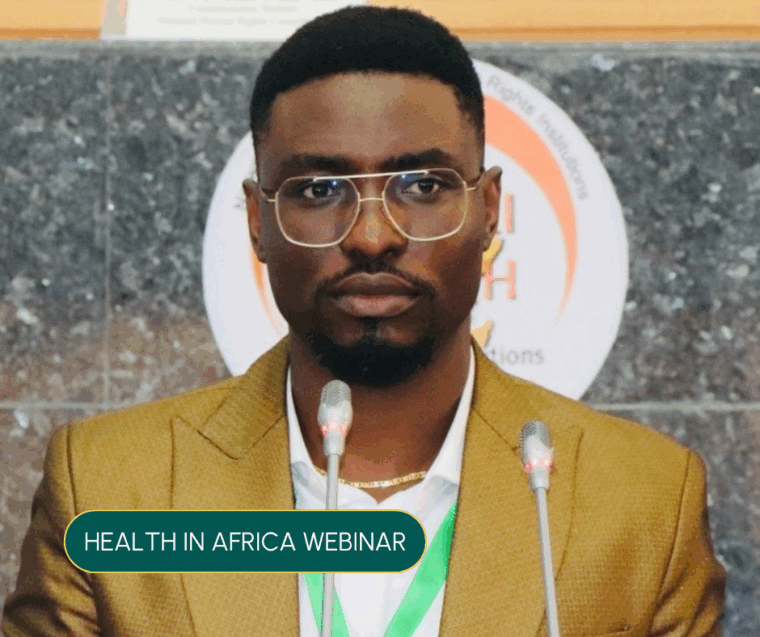
Building Inclusive Health Systems for People in Contact with the Criminal Justice System in Africa
Join this webinar to explore how Africa can build inclusive health systems that protect the dignity, safety, and well‑being of people who come into contact with the criminal justice system.
Dignity, Data, and Disruption in Africa’s Health Systems: A Young Leader’s Reflection
John Nyagaka, a Mastercard Foundation Scholar and AHC Young Leaders Table Chair, reflects on his transformative experience at the 2025 Annual Convening.
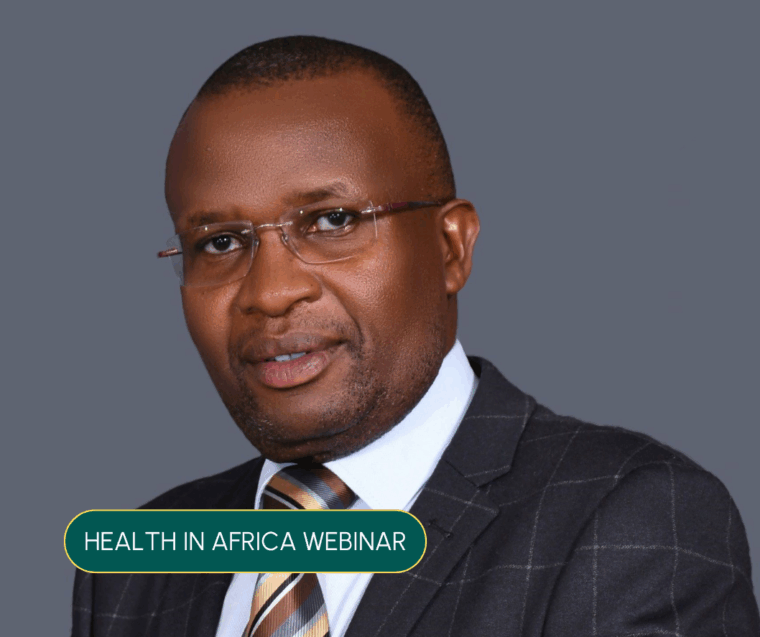
What Works: Improving Maternal and Newborn Health in Kenya and Ethiopia
Join this webinar to explore how community-led systems and digital innovations, in partnership with local leaders, are scaling sustainable healthcare impact and delivering life-saving care for mothers and their newborns.

Apply for the AIMS Master’s in Mathematical Epidemiology (MathEpi) Scholarship
Apply for the 2025 AIMS MathEpi Master’s program. Fully funded scholarships for African students in statistics and public health. Deadline: March 15.

Apply for KNUST’s CPD-Eligible Short Courses in Health Systems and Services Management
Applicants must meet the following requirements to qualify for the scholarship: Short Courses and Timelines 23rd – 27th February 2026: Emergency Preparedness and Response to Epidemic/Pandemic-Prone Diseases 10th – 14th February 2026: Community Emergency Care 24th – 27th February 2026: Palliative Care Module 1 23rd – 27th March 2026: Introduction to Healthcare Quality Improvement (IQI) […]
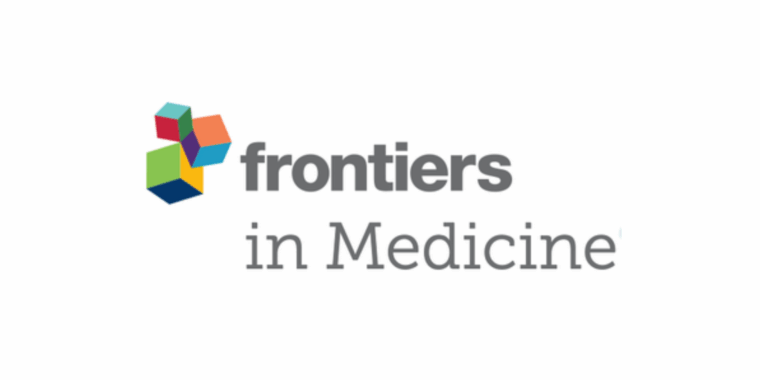
Call for Insights & Stories: Frontiers Opens Special Collection for AHC Partners
The Africa Health Collaborative (AHC) is pleased to share an exciting opportunity for all AHC institutional partners to share original research, reviews, case studies, policy briefs, perspectives, and reflective pieces in a new article collection titled “United in Partnership: Academic Collaborations for Primary Health Care Transformation” by Frontiers in Medicine. This special collection is being […]
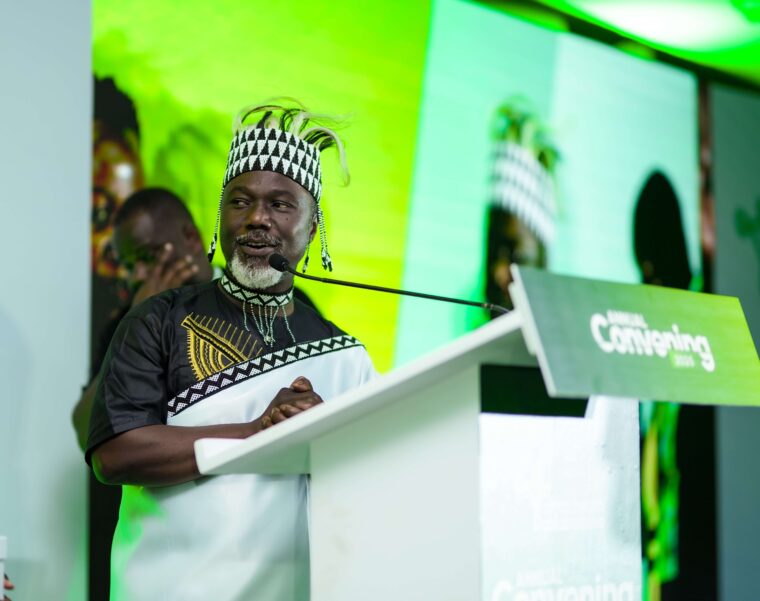
A New Chapter of Collaboration: AHC Welcomes Prof. Joachim Osur as Executive Steering Committee Chair
The Africa Health Collaborative (AHC) has announced Prof. Joachim Osur, Vice Chancellor of Amref International University, as the new Chair of the Executive Steering Committee (ESC). The symbolic handover took place during the closing ceremony of the 2025 AHC Convening in Rwanda, held in October 2025. This marks a significant leadership transition from Prof. Nhlanhla […]
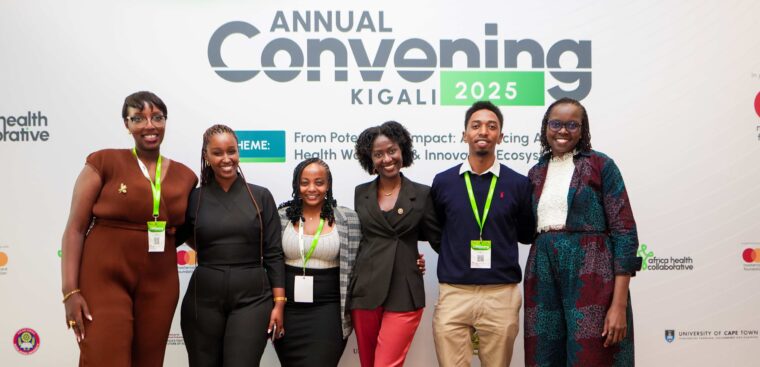
Africa Health Collaborative 2025: Driving Transformative Change in Primary Healthcare Future
Last October, over 170 policymakers, health experts, academics, and youth innovators from 14 countries came together for the Africa Health Collaborative’s (AHC) 2025 Annual Convening, hosted by the African Leadership University (ALU) in Kigali, Rwanda.

Engineering Dignity: Designing Low-Cost Prosthetics in the University of Cape Town’s MedTech Lab
Read about how Jemila Abdulai’s internship at UCT’s MedTech Lab strengthened her commitment to human-centered engineering, demonstrating how affordable innovations like the ADL Arm can expand access, restore dignity, and transform lives in underserved communities.

Graduate Scholarship Opportunities at the Kwame Nkrumah University of Science and Technology
Apply for graduate (MPh, MSc, MPhil, PhD) scholarships at the Kwame Nkrumah University of Science and Technology.
